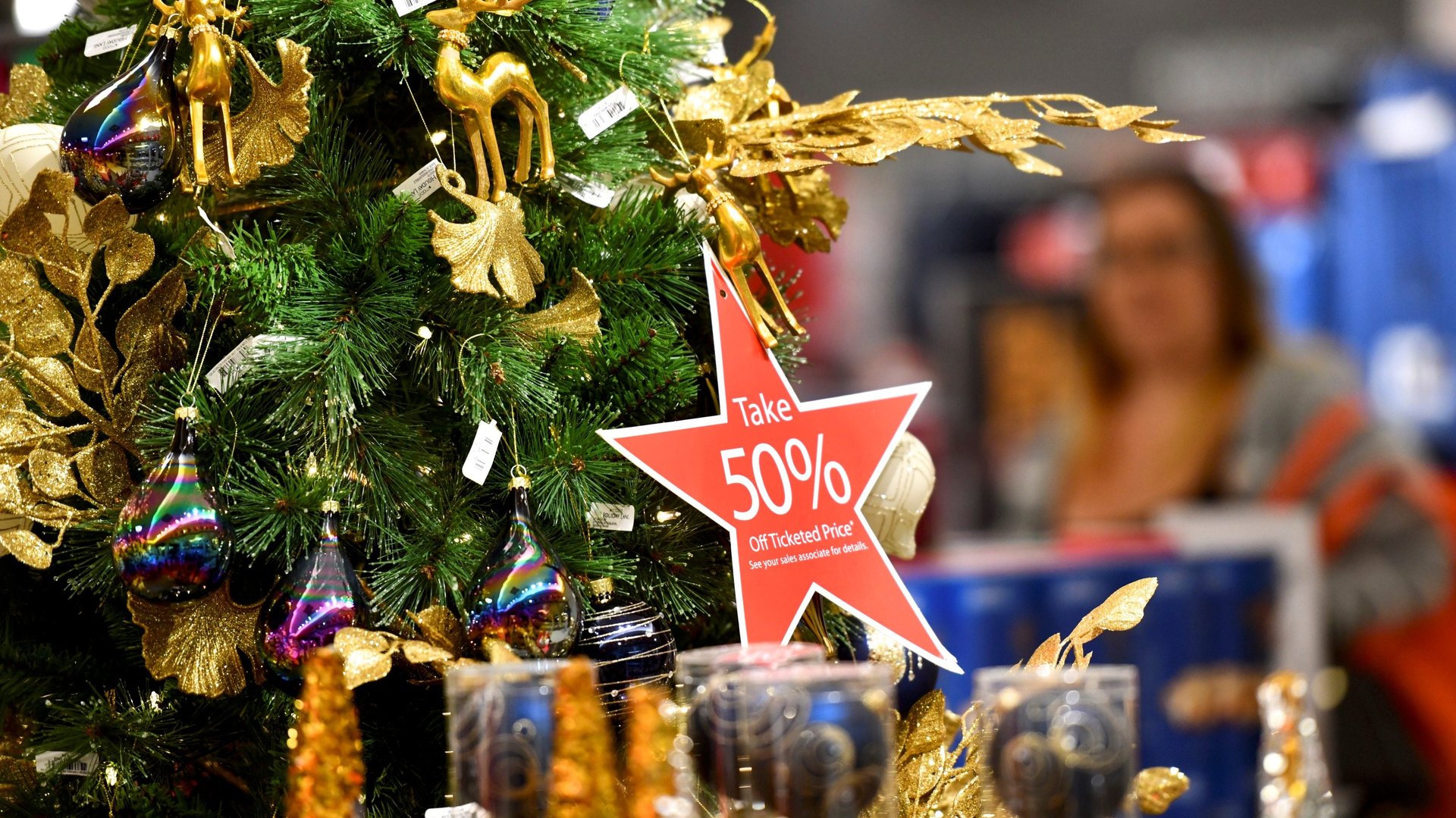The impossible task of accurately predicting the 2020 holiday shopping season
The last two months of the year are always critical for US retailers. Because of Covid-19, however, it’s shaping up to be a holiday season like no other, and nobody knows exactly what to expect.


The last two months of the year are always critical for US retailers. Because of Covid-19, however, it’s shaping up to be a holiday season like no other, and nobody knows exactly what to expect.
For retailers, that’s a challenge. They need to plan ahead so they have the right products in stock and can serve customers efficiently. Nate Shenck, head of retail at Boston Consulting Group (BCG), says they typically want to predict how much shoppers are likely to spend, what shoppers are going to buy, and what share of that spending they’re likely to capture. Normally they look to past years to inform their judgments. This year, “historical holiday retail data is irrelevant and unreliable,” Shenck said.
The pandemic has left many Americans under- or unemployed, while changing how consumers shop and what they’re shopping for. These shifts alone have made it difficult to predict how the holidays will play out. Retailers are also guessing if the US government will pass a new stimulus bill and if the resurgence of coronavirus cases will shutter stores again.
Holiday forecasts from different research firms and consultancies show a variety of predictions about how holiday spending will compare with previous years. Commercial real estate firm CBRE predicts an increase of about 1.5%, “assuming there is no major resurgence of the virus or mandated store closures.”
Deloitte’s estimate offered two different scenarios for spending from November through January. If consumer anxieties about finances and health remain high, it expects sales will stay flat compared to last year or grow up to 1%. If there are reasons for optimism, such as another economic assistance bill being imminent (not currently likely) or a vaccine nearing deployment (looking better daily), spending could rise 2.5% to 3.5% above last year’s level.
That’s below last year’s growth of 4.1%, according to Deloitte. Still, it could be much worse. Mastercard, which estimates 2.4% growth this year, noted that during the 2008 recession, holiday sales fell 3.5% versus the prior year.
Mastercard is one of a few forecasters, including Coresight Research and AlixPartners, that also redefined the holiday period. This year, they say, it began in October, when many retailers started offering holiday sales.
The predictions generally foresee muted sales growth, but at least it’s growth. Shenck believes retail sales are likely to be about the same as in previous years as pent-up demand gets unleashed during the holidays. “People haven’t spent on things for themselves as much and are looking for a way to celebrate with their family,” he says.
They’re likely to buy different products than in the past, however, and through different channels. Forecasters generally foresee fewer dollars devoted to experiences such as going to shows or dining out. Shoppers also won’t be traveling as much. That leaves more money for buying gifts. Shenck and others predict more dollars going toward categories such as home goods, electronics, kitchen items, and products for keeping keeping cozy in the house, like activewear.
Many of those sales will occur online. Adobe Analytics predicts e-commerce sales will be 33% greater this year, or even higher depending on factors like a stimulus bill and store closures. Deloitte and Mastercard envision similar jumps. The surge could create problems for delivery companies as they get swamped with orders—another reason retailers have tried to get consumers shopping early for the holidays.
Shenck and BCG say retailers will need to use data to know where to staff workers, what stock to carry, and where to stock it. There’s more uncertainty than ever, and they need to work smarter to be successful.
Correction: An earlier version of this article named Boston Consulting Group’s head of retail as Nate Schenck instead of Nate Shenck.